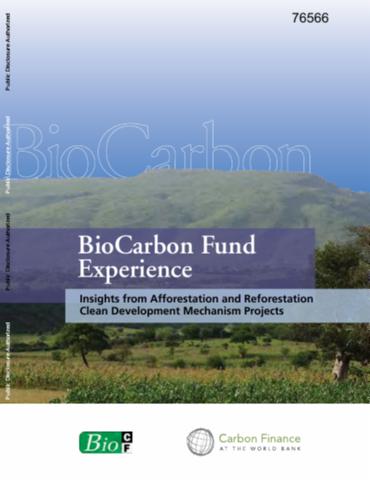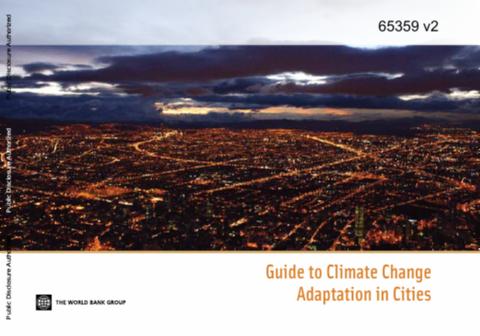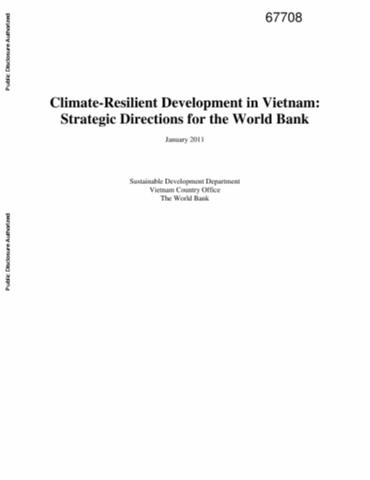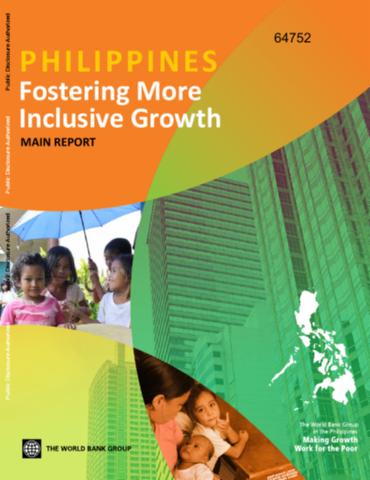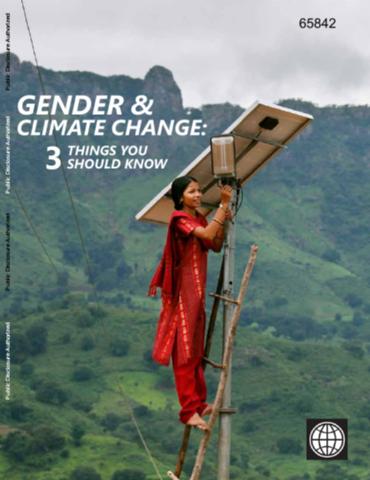The World Bank is a vital source of financial and technical assistance to developing countries around the world. We are not a bank in the ordinary sense but a unique partnership to reduce poverty and support development. The World Bank Group has two ambitious goals: End extreme poverty within a generation and boost shared prosperity.
- To end extreme poverty, the Bank's goal is to decrease the percentage of people living on less than $1.25 a day to no more than 3% by 2030.
- To promote shared prosperity, the goal is to promote income growth of the bottom 40% of the population in each country.
The World Bank Group comprises five institutions managed by their member countries.
The World Bank Group and Land: Working to protect the rights of existing land users and to help secure benefits for smallholder farmers
The World Bank (IBRD and IDA) interacts primarily with governments to increase agricultural productivity, strengthen land tenure policies and improve land governance. More than 90% of the World Bank’s agriculture portfolio focuses on the productivity and access to markets by small holder farmers. Ten percent of our projects focus on the governance of land tenure.
Similarly, investments by the International Finance Corporation (IFC), the World Bank Group’s private sector arm, including those in larger scale enterprises, overwhelmingly support smallholder farmers through improved access to finance, inputs and markets, and as direct suppliers. IFC invests in environmentally and socially sustainable private enterprises in all parts of the value chain (inputs such as irrigation and fertilizers, primary production, processing, transport and storage, traders, and risk management facilities including weather/crop insurance, warehouse financing, etc
For more information, visit the World Bank Group and land and food security (https://www.worldbank.org/en/topic/agriculture/brief/land-and-food-security1
Resources
Displaying 4531 - 4535 of 4906BioCarbon Fund Experience
Carbon finance recognizes the contribution of projects to mitigating climate change. To be able to access carbon finance, projects can certify their emission reductions under a variety of standards, one of which is the Clean Development Mechanism (CDM) of the United Nations Framework Convention on Climate Change (UNFCCC). Project developers can sell their carbon credits either in the voluntary or the regulated market.
Guide to Climate Change Adaptation in Cities
Cities face significant impacts from climate change, both now and into the future. These impacts have potentially serious consequences for human health, livelihoods, and assets, especially for the urban poor, informal settlements, and other vulnerable groups. Climate change impacts range from an increase in extreme weather events and flooding to hotter temperatures and public health concerns. Cities in low elevation coastal zones, for instance, face the combined threat of sea-level rise and storm surges.
Climate-Resilient Development in Vietnam
Weather is the term used to describe the atmospheric conditions (heat, wetness, wind, etc.) prevailing at any one place and time. Climate is the sum of the prevailing weather conditions of a given place over a period of time, typically summed over many decades. This paper seeks to provide strategic directions for mainstreaming support for climate change within the World Bank's broader program of assistance to Vietnam.
Philippines
The main report is organized into three parts: part one provides the overall context by describing the level and evolution of poverty and inequality in the Philippines and by analyzing the factors that could be weakening the link between economic growth and poverty reduction. It also provides a brief profile of the poor. Part two addresses the first strategic component for fostering inclusive growth, which refers to the enhancement of income opportunities and ensuring greater labor mobility for the poor.
Gender and Climate Change
The World Bank is making strides in mainstreaming gender-sensitive approaches to climate action on the ground. Ensuring that men and women have equal access to education, economic opportunities, productive inputs and equal chances to become socially and politically active can generate broad productivity gains, and lead to more inclusive and greener development path for all. For the World Bank, gender analysis is an integral aspect of the upstream social analysis that is required to inform both development policy lending (DPL) and investment lending (IL).






